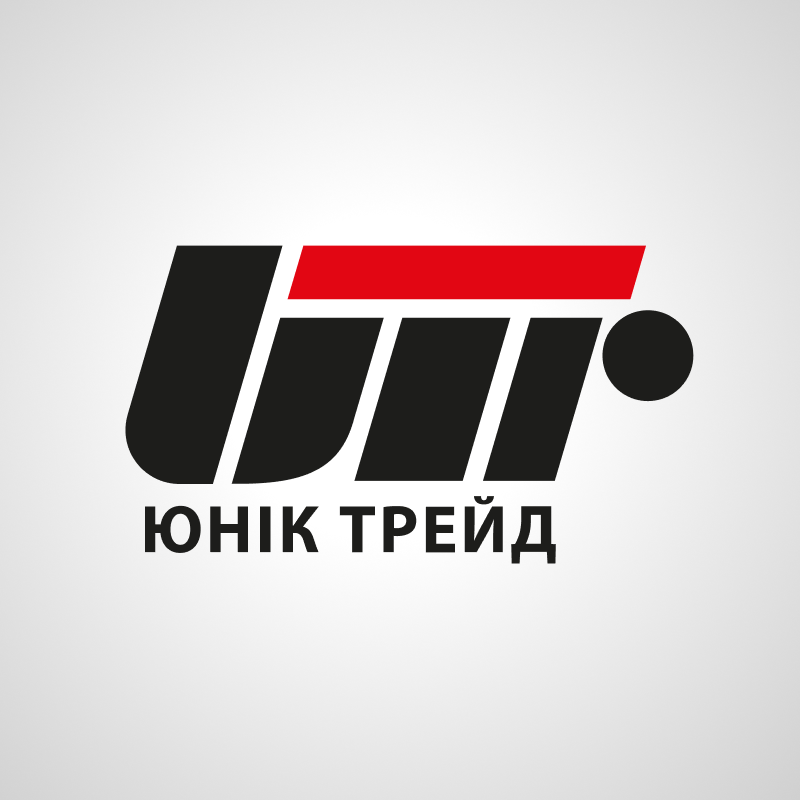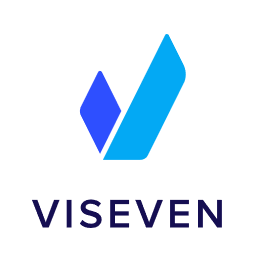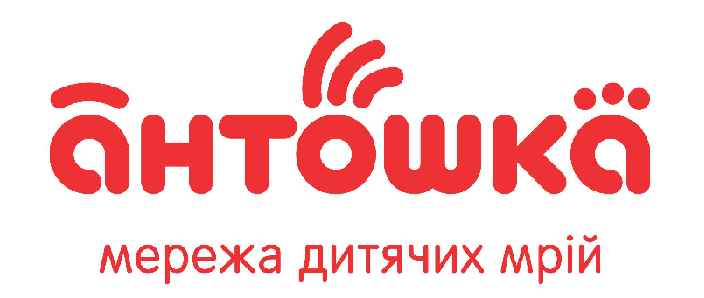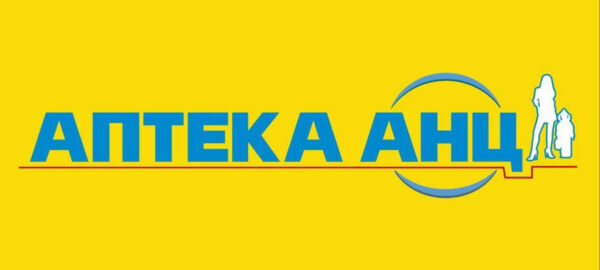
How to “sell” the idea of implementing an LMS to management. Arguments and numbers
E-learning has been rapidly gaining popularity in recent years. Its market is growing exponentially as more and more companies realize the benefits of online learning for staff development. The global eLearning industry is projected to reach $1 trillion by 2032. In fact, if we look at today’s scenario, the size of the global eLearning market is already at $399.3 billion.
It is obvious that the implementation of an LMS (Learning Management System) is a strategically essential investment in the future of any company. This is not just a fashion trend, but an indispensable tool that is a key investment in the company’s future development. A tool that helps to remain competitive and quickly adapt to changing conditions.
However, many HR managers and L&D specialists still have to answer the question: “How do you “sell” the idea of implementing an LMS to management?”
In this article, we’ll look at the key arguments in favor of implementing an e-learning system that will help convince top management.
What does LMS implementation provide?
- Flexibility and accessibility.
LMS provides centralized access to learning resources, allowing employees to complete tasks from anywhere and at any time. - Individualized learning.
LMS allows creating personalized courses and learning plans that meet the specific needs and skill level of each employee. - Knowledge assessment.
These are essential tools for creating and conducting tests and assessments. As a result, it helps to measure the quality of knowledge assimilation and track the progress of employees. - Reduced learning expenses.
With LMS, you can significantly reduce the cost of traditional training methods, such as renting premises and paying instructors, business trips, hotels, etc. - Learning analytics.
The LMS has built-in tools for analyzing learning data and results. This allows you to evaluate the quality of training, its effectiveness, achievement of goals, and identify possible areas for improvement.

In general, LMS implementation helps to optimize the learning and development processes, ensuring more efficient use of resources and improving the quality of training in the company. But the main thing is to ensure this business process – as adult learning.
How to “sell” the idea of implementing an LMS to management
1. Provide statistics and studies that confirm the benefits of LMS
Providing statistics and research can be an important argument. It will help to confirm that an LMS is a beneficial solution for the company in terms of efficiency, cost savings, and employee satisfaction.
Here are some examples that confirm the benefits of LMS for business:
Increasing productivity: According to Training Magazine, e-learning can increase employee productivity by 50%. This has a positive effect on the results and efficiency of work, as well as the company’s competitiveness.
Increasing income: Knowledge directly translates into revenue. In particular, 42% of companies surveyed by The Ambient Insight report that eLearning has led to an increase in revenue.
Increasing competitiveness: According to the data published by CertifyMe.net, 72% of surveyed companies confirm that e-learning helps them to increase their competitiveness, especially thanks to the capabilities of the Learning Management System (LMS).
Reducing expenses: Implementing an LMS allows you to reduce costs associated with travel, accommodation, renting premises, printing materials, etc. For example, IBM saved about $200 million by switching to online learning.
Increasing motivation: Numerous studies have shown that e-learning has a positive impact on employee engagement. By offering professional development courses, you can increase your employees’ sense of value and create pathways for their career growth..
Reducing the time spent on learning: In addition to improving employee retention, an LMS can also reduce training time by 40-60%.
2. Demonstrate the benefits of LMS compared to traditional learning
Demonstrate the advantages of LMS over traditional learning methods. Arguments you can use for this:

3. Prepare examples of successful LMS implementation by other companies
LMS allows adapting learning programs to the individual needs of employees, which is especially important when scaling a company. In addition, it is a useful multi-tool that also automates important HR processes: onboarding, adaptation, evaluation, annual certification, etc.
How LMS can be used not only for training was described in one of our materials: 7 non-standard methods of using LMS: all in examples from Ukrainian companies
Here are some examples of successful LMS implementation by other companies to help you with your arguments:
Adaptation, learning and technology are well established. The example of TASCOMBANK

With the help of the LMS, TASCOMBANK organized a 4-stage adaptation for all new employees. Depending on the business line and position, employees are assigned a newcomer adaptation program on the learning portal. All employees of the company also undergo mandatory general banking training.
Results: With the help of LMS tools, the company’s Learning Center automated the adaptation of newcomers and improved employee engagement in mandatory and additional learning. We organized free access to information and received high-quality interaction between the participants of the learning process.

General bank training for TASCOMBANK employees
Adapting business to war conditions. Reikartz Hotel Group’s experience

For several years now, Reikartz Hotel Group has been training its employees with the help of LMS Collaborator. During the full-scale war, the company’s training center developed an online course to train the talent pool. The company also opened a 4-week retraining course for employees from various fields of activity. In addition, Reikartz Hotel Group has automated the adaptation process for all newcomers with the help of learning paths. In just 1 month, newcomers receive all the necessary knowledge to help them fully immerse themselves in their work.
Results: The use of LMS tools helped the company to implement regular on-the-job training for all employees, organize fast and high-quality onboarding, effective development of the talent pool, and retraining of new employees.

Training of Reikartz Hotel Group employees
Improving employee skills through e-learning in one month. Experience of the D.S. pharmacy chain

While working with the LMS, D.S. Pharmacy Chain has implemented many cases, including automating staff adaptation through learning paths. The company also organized express testing of employees on the training portal, which helps to quickly and efficiently determine the level of their knowledge and skills.
Results: With the help of the LMS, the company has adapted learning to the needs of each employee. Rapid testing has become an effective tool for identifying basic knowledge both at the training stage and at the stage of adaptation and work of the employee in the company.

Rapid testing of employees of the D.S. pharmacy chain
More examples and cases can be found in our blog
4. Highlight the key advantages and business benefits of implementing an LMS
Using an LMS brings a number of advantages and benefits to the business. Advantages that can become key arguments when “selling” the idea of implementing an LMS:
- Increasing productivity. With the help of an LMS, employees can learn new knowledge and skills more efficiently, which helps to increase their productivity.
- Preserving knowledge and expertise. LMS allows storing learning content and expertise within the company, which reduces the risk of losing valuable information when employees leave.
- Reducing expenses. LMS implementation helps to reduce training costs by centralizing training materials, automating processes, and reducing the need for face-to-face training.
- Increasing employee satisfaction and reducing staff turnover. LMS enables employees to constantly learn, develop their skills and grow professionally. This helps to increase their satisfaction and motivation to work in the company.
- Quick adaptation to changes. LMS allows users to quickly update and modernize learning materials, which helps the company easily adapt employees to changes in the business environment.
Conclusion
Implementing an LMS is a long-term project that requires careful planning, clear coordination, and management support at all stages. With the right approach, an LMS can become a powerful driver of your company’s development, increasing productivity, efficiency, and competitiveness. To achieve successful results, it is important to have a clear action plan, attract the necessary resources, and ensure management support at every stage of the project.
To “sell” the idea of implementing an LMS to the management:
– provide statistics that confirm the usefulness of the LMS,
– demonstrate the advantages of the system compared to traditional learning,
– prepare examples of successful implementation by other companies,
– highlight the key advantages and business benefits of implementing an LMS.



































